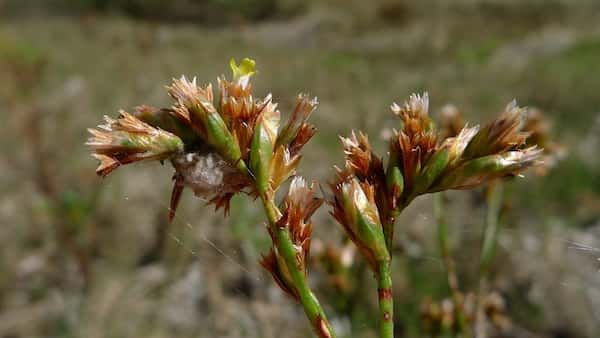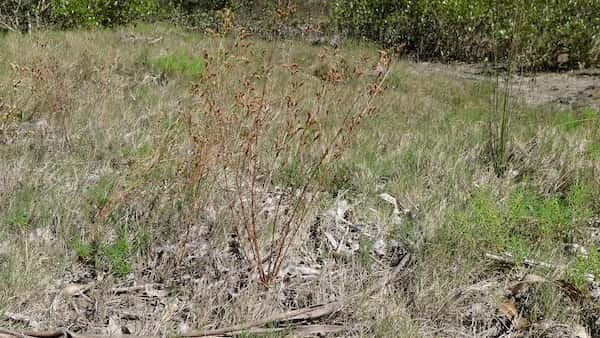Limonium australe (Native Sea Lavender)
|

Native Sea Lavender, Limonium australe growing in saltmarsh. Bermagui NSW
Photograph by John Tann from Sydney. Some rights reserved. (view image details)
|

Native Sea Lavender, Limonium australe growing in saltmarsh. Bermagui NSW
Photograph by John Tann from Sydney. Some rights reserved. (view image details)
|
Credits:
Description and Habitat information is sourced from: Agriculture and Fisheries, Queensland Government, Common saltmarsh plants of Queensland, https://www.publications.qld.gov.au/dataset/common-saltmarsh-plants-of-queensland Licensed under Creative Commons CC BY 4.0 license.
|
|
NATIVE SEA LAVENDER FACTS |

Map is from The Atlas of Living Australia web site, licensed under Creative Commons Attribution 3.0 Australia License
Common Name
Native Sea Lavender
Description
Native Sea Lavender plants are perennial herbs with a clumping appearance and grow to around 40 cm tall.
Native sea lavender leaves grow directly from roots (no stem), are narrow at the base and widen near the tips. The roots are very sturdy and thick.
Flowers grow from a tall stalk at the centre of the plant. The flower heads are heavily branched with flat-topped clusters of flowers. The flowers are yellow and bloom between September and March.
Habitat
saltmarshes and mud flats
Distribution
Native Sea Lavender is found in eastern Australia in coastal areas of Queensland south of Mackay, New South Wales, Victoria and Tasmania
Classification
| Class: | Magnoliopsida | | Order: | Caryophyllales | | Family: | Plumbaginaceae | | Genus: | Limonium | | Species: | australe | | Common Name: | Native Sea Lavender |
|
|

